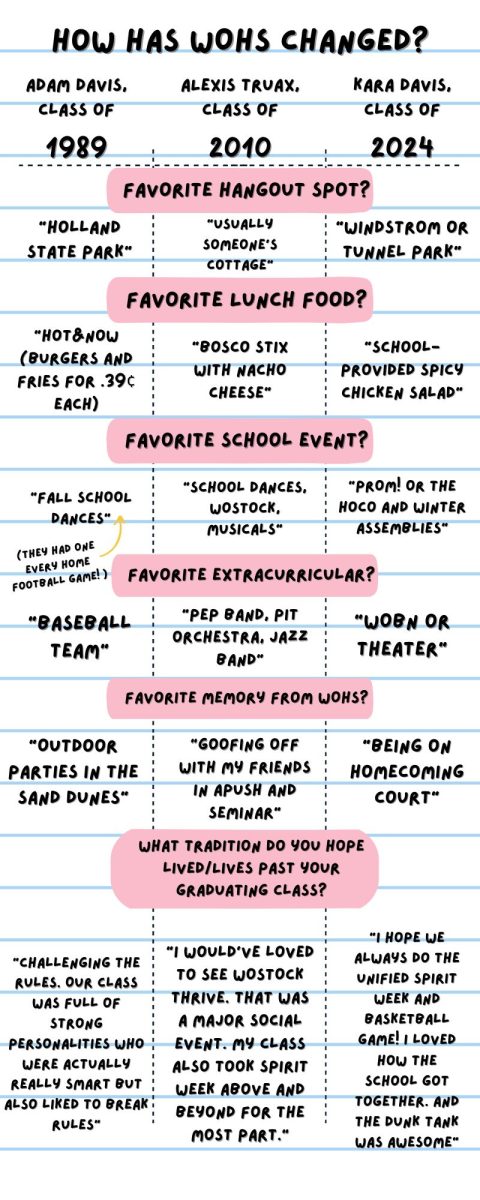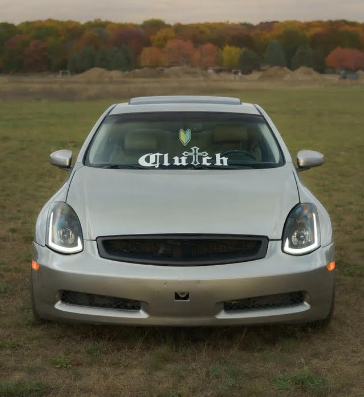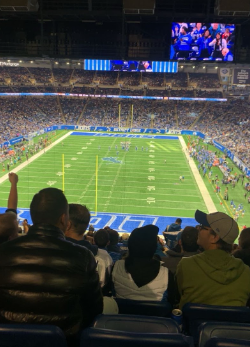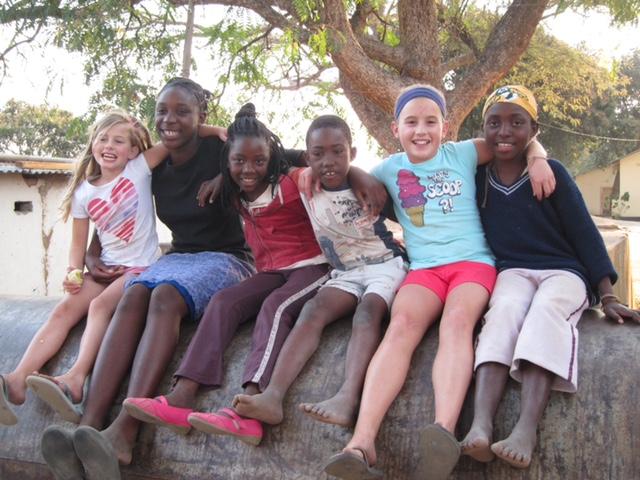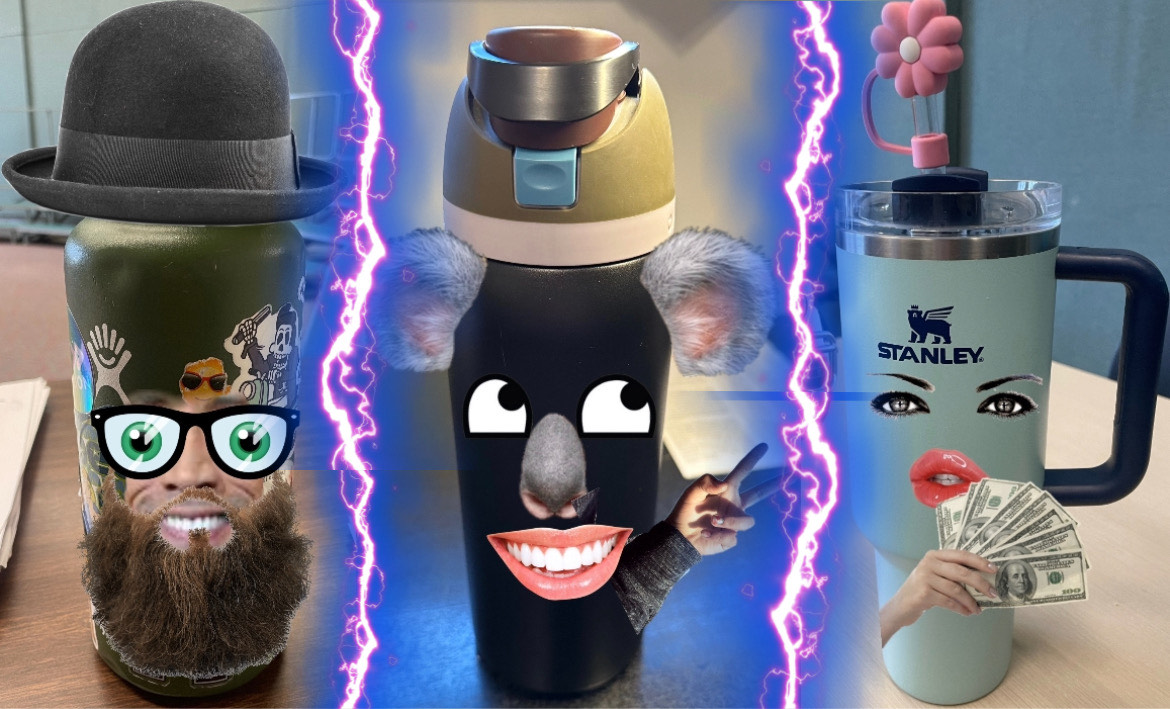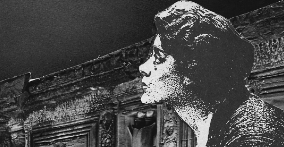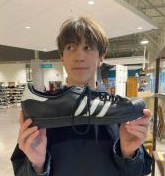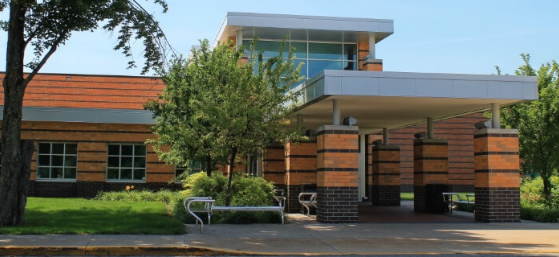They called me makuah. “Ghost.”
Everywhere I went, I heard it. “Look over there! Makuah, makuah!”
Some would muster the courage to come up to us when we walked into town to get groceries. Others hung back. They would reach out and try to touch our long, wavy, blond hair and my little brother’s ice blue eyes. He didn’t understand why, and neither did I; at least, not at first.
My father was the CEO of a nonprofit organization that provided anti-human-trafficking and HIV/AIDS prevention programs and resources in sub-Saharan Africa. During the summers of 2012 and 2013, we flew to Choma, a small town in Zambia, about five hours from the capital city, so he could be on the ground. I was excited. I was still naive, and I believed Africa was an exotic place filled with monkeys, half-clothed nationals, and fruit trees laden with bananas and guavas that you could reach up and pick. That’s exactly what it was… and it wasn’t.
It was nothing like the United States, to say the least. There were very few stoplights, and most of the roads remained unpaved, inducing nausea in my younger siblings whenever we drove. The floor of our house was cement with a layer of red dust on top, as opposed to the soft carpets we were used to back in the United States. We had no dishwasher and no washing machine, so we did all the dishes and laundry by hand. Even the air had a warmer, spicier flavor than the bland, whitewashed scent of the blustery Midwestern wind I was used to.
And yet, there were some things that made me feel more at home. I quickly grew accustomed to the incessant barking of stray dogs at night. I looked forward to playing on the old, rusty oil drum with the other kids in the compound and kicking around the soccer ball made of plastic bags. I loved the avocado tree on the side of the house where I would retreat to read or journal, climbing up the gnarled branches to a groove that was perfect for my small, nimble body. It may not have been the home I was used to, but it came to feel that way.
It was strange being the palest one in the room. It was uncomfortable when the locals made assumptions about us. They would come to our front door, trying to sell us crafts and fruit, or they would just ask for money without any pretense. We were charged a little more at restaurants and shops. Reality TV and the Disney Channel had given rise to their assumption that all white people came from wealthy backgrounds, and most of us were indeed wealthy by comparison to the Zambians in a country where poverty is rampant. But regardless of the financial and racial disparity, we weren’t mistreated.
We makuah were never in danger; rather, we were loved and respected. Yet, that wasn’t the way things were back home.
When I returned to the United States, I was thrust into a blur of sound and color. Life quickly swallowed me, subjecting me to my old routines. Being around people who were “like me” again made me feel different. I began to see the world in a new shadowy light. I would glance over at my ethnic classmates and wonder how they felt in a predominantly white school and white town. Did they feel alienated? Alone? Outnumbered?
I was starting to realize that the concept of race wasn’t as straightforward as I thought. A beast awoke inside of me, one that demanded justice.
Fast forward several years, and our country is in the midst of a period of rampant racial unrest, one which brought Black Lives Matter into our collective consciousness. There is violence and chaos frequently.
Quickly, I realized I couldn’t keep my mouth shut. I started posting thoughts and arguments on my Instagram, advertising marches and pro-BLM sentiments. I attended a protest in my hometown of Holland, Michigan. I signed petitions, and had discussions with my peers. Despite my efforts, I was criticized. As a white woman, what did I know about the situation? The truth is, I didn’t. But I wanted to.
I will never forget Choma or the people who live there, with their smiles as big as their hearts and their generosity that flowed even from a place of abject poverty. But I also remember what it felt like to be in the minority, to be the makuah that everyone pointed at, and that experience fed an unstoppable passion inside of me for the racially oppressed.
I will continue to advocate for those around me who are marginalized and targeted as a result of their race. Everyone has a responsibility to help better society. My role is to be an advocate, and to fight for racial justice.

